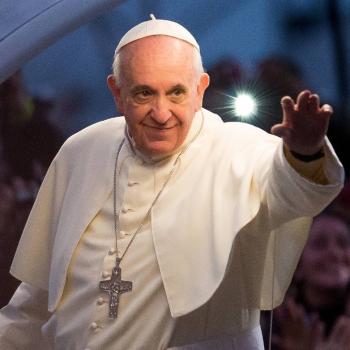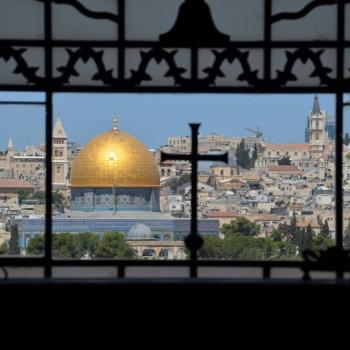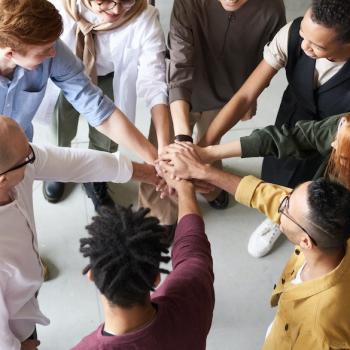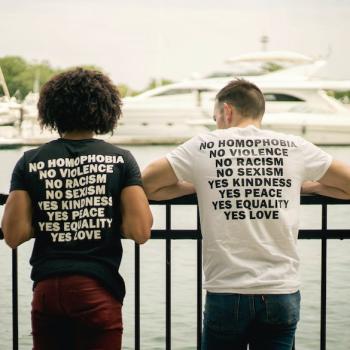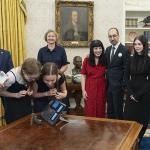“I need you. You need me. We’re all a part of God’s body. It is His will that ever need be supplied. You are important to me; I need you to survive.” These are the words by Bishop Hezekiah Walker. The words to “I Need You” have been sung everywhere from the church to the public square. The song reminds us of our interdependence as a community of believers. Romans 12:4-5 says, “For as in one body we have many members and not all the members have the same function, so we, who are many, are one body in Christ, and individually we are members one of another”. We are all called, as children of God, not to see ourselves as separate from one another. Instead, we are to see ourselves as a necessary part of each other’s lives. Knowing we are called to be in community, why are we so easy to deny the need for becoming community?
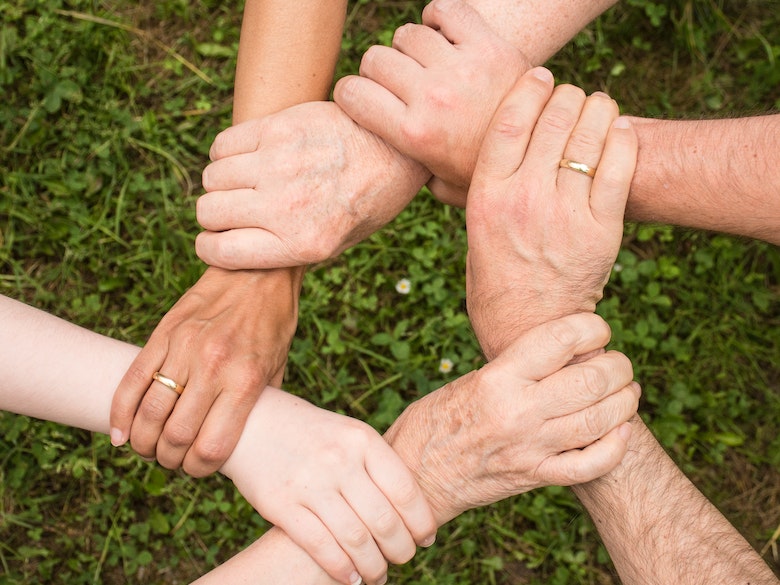
Community Defined
To understand the concept of community, it is important to know the definition of community. According to the dictionary, community means “a group that shares some trait or quality that separates it from the wider population”. It can also mean “a group of people having cultural, religious, ethnic or other characteristics in common”. The term community is derived from the Latin word ‘communitas’ meaning “common”.
However, a better way to understand the idea of community is derived from its scientific definition. Scientifically, community is defined as “a group of organisms or populations living and interacting with one another in a particular environment. The organisms in a community affect each other’s abundance, distribution, and evolutionary adaptation”. Through the scientific definition, we understand community as being vital to the survival and thriving of the individuals involved. There is a sense of interdependence that happens which is necessary to the furtherance of the collective.
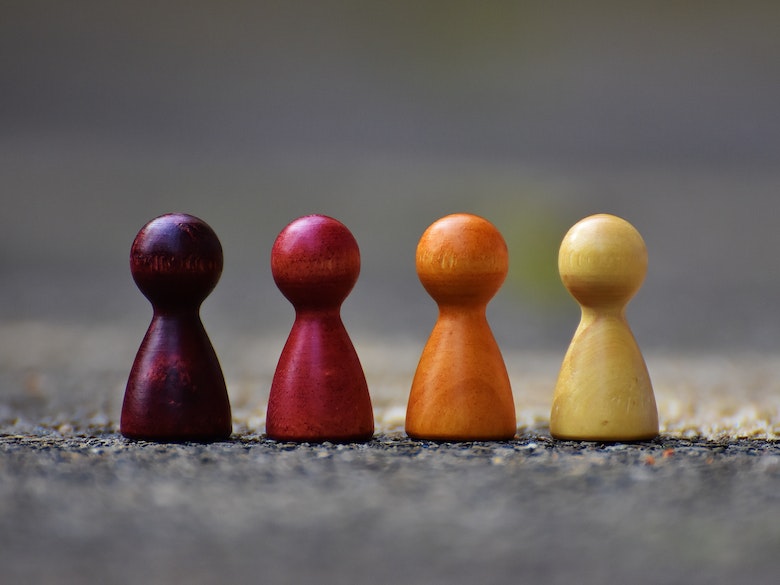
The Structure of Community
For a community to take shape, there are certain components which are necessary to its formation. According to Britannica, the factors that determine a community’s structure are:
- Number of species (diversity) within it.
- Number of each species (abundance) found within it.
- The interactions among the species.
- The ability of the community to return to normal after a disruptive influence.
For a community to form, it requires for there to be a diversity of groups within it. The diversity of groups within should be substantial. None of the groups should operate independently of the other. Instead, there must be interaction and involvement of the groups with each other. The groups must be able to work together to create balance within the community after an event which disrupts the equilibrium of the community.
False Sense of Community
As we look at our society – whether in individual communities, corporate America, or the larger society, we can put these communities to the test against the criteria issued. It would cause us to ask the question whether we truly have community or not. We say we live in communities – both our neighborhoods and our local areas. We state in work environments, we are a team which would allude to a form of community. Even in our worship spaces, we speak of them as community.
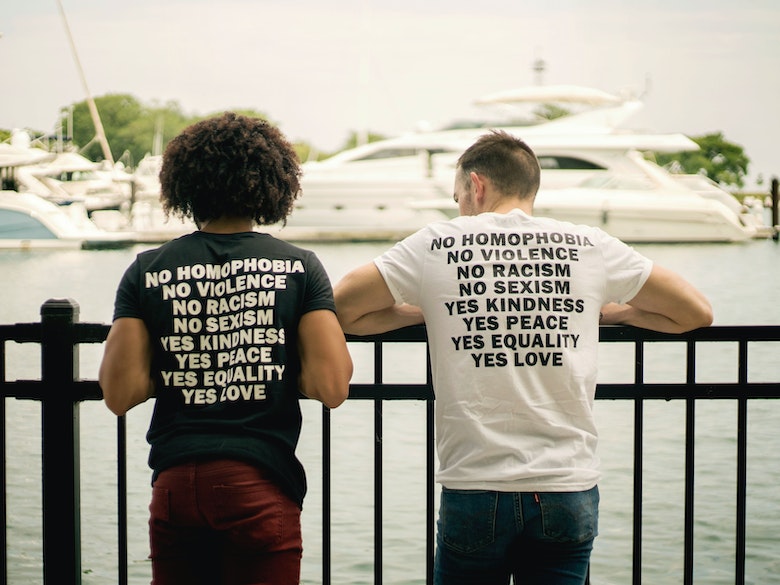
However, if each of these places are truly a community, why do we rail against welcoming diversity of persons within the community? Why do we separate ourselves by certain groups or cliques? Why do we fail to identify and interact with those whom we see as different or other than us? Why does the inception of diversity within our so-called communities create further conflict rather than being a tool or resource to help a community return to normal? Along racial, gender, socio-economic, educational and sexuality spectrums, we do more to divide than to include which challenges the concept of building community. Romans 12:16 and 18 says “Live in harmony with one another; do not be arrogant, but associate with the lowly;[b] do not claim to be wiser than you are. If it is possible, so far as it depends on you, live peaceably with all.”
Isolationism Rising and Its Effects on Society
If ever there was a time when the necessity of community is growing in importance is now. According to CDC, social isolation and loneliness is becoming a widespread problem in the United States. These two issues pose a threat to our mental and physical well-being.
- Social isolation is the lack of relationships with others and little to no social support or contact.
- Loneliness is feeling alone or disconnected from others. It is the feeling of not having meaningful or close relationships or a sense of belonging.
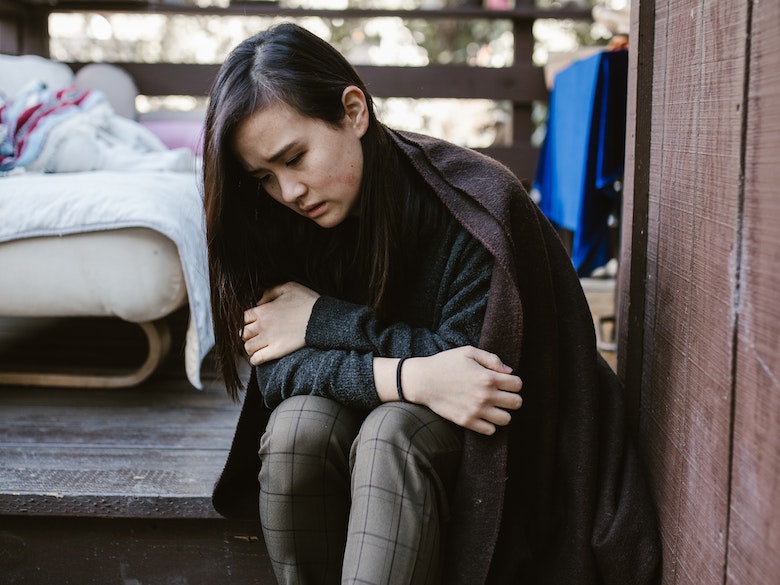
Social isolation and loneliness are becoming a public health problem. Loneliness costs the US economy approximately $406 billion per year. Persons experiencing social isolation and/or loneliness increase their chances of developing major health challenges. Some of the noted health challenges attributed to social isolation and loneliness are heart disease and stroke, type 2 diabetes, depression and anxiety, addictions, suicidality and self-harm, and even premature death. According to the American Psychological Association, “Loneliness, it seems, can lead to long-term ‘fight-or-flight’ stress signaling, which negatively affects immune systems functioning. People who feel lonely have less immunity and more information than people who don’t”. If we do not address the disintegrating idea of community within our society, we will see increased pressure on our medical systems to address the results.
The Need for Community in the Workplace
The issue of community is not simply an issue that affects our neighborhoods and churches. The failure to build authentic community also affects the workplace. There is a push to force the idea of teams within the workplace, yet many employees do not feel a sense of community within the workplace. In recent years, there has been an attempt to blame the failure of community on the change in work. Whereas people once worked together within offices, due to the pandemic, many learned how to work remotely.
Though it is easy to believe the cause of the lack of community is on remote working, when we look at the characteristics for the structure of community, is the lack thereof due to remote working? Or is it a sign of a bigger issue? There has been a change to diversity, equity, and inclusion in the workplace. More companies are dismantling this area within its organizations. There is a lack of diversity throughout organizations. Additionally, we must evaluate whose voices are heard or who is brought to the table to be a part of interactions for corporate thriving.

According to Science Direct, there are three types of isolation within the work environment:
- Workplace isolation: the employee’s longing to have support either from the company or colleagues.
- Company isolation: the extent to which an employee believes they belong to the company and whether they feel recognized for their contributions to the organization.
- Colleague isolation: reflects how the employee perceives casual interactions and friendships with colleagues.
As a result of experiencing one or more of the isolations named, employees can experience workplace loneliness. Workplace loneliness is the distress which arises when an employee believes they do not have adequate interpersonal relationships at work. Like with social isolation and loneliness, individuals who experience workplace loneliness or isolation can experience lack of performance and physical health challenges due to the stress and anxiety of the experienced isolation.
How Do We Build Community?
Rather than draw away from the concept of community, we should be intentional to create authentic community in our neighborhoods, workplaces, and places of worship. 1 Peter 4: 9-10 says “Be hospitable to one another without complaining. Like good stewards of the manifold grace of God, serve one another with whatever gift each of you has received.” Building community is necessary, according to Green America, because “when we make a point of forming relationships in our communities across socio-economic and racial or cultural lines, we help increase tolerance, understanding and mutual respect, and decrease fear.”
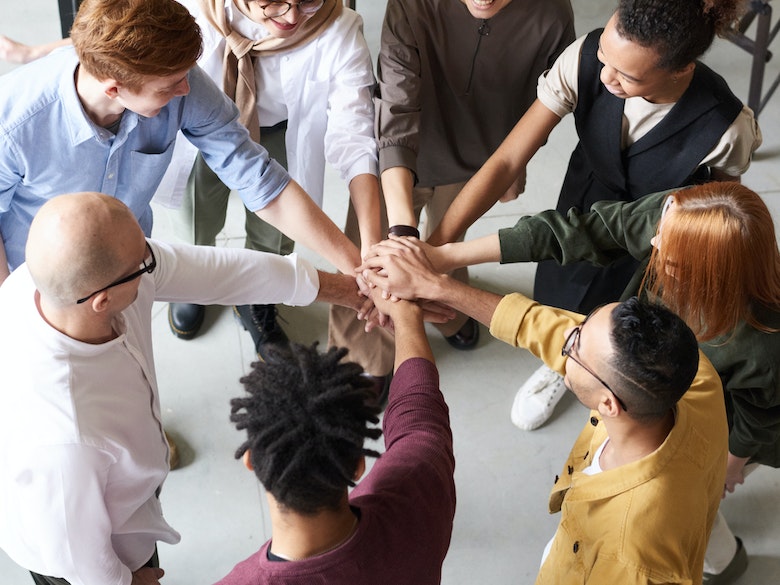
Some of the ways we can begin the journey towards building community are:
- Decide what type of community we seek to build. Create a vision for the community.
- Determine who is missing causing this vision not to be achieved. Look for ways to invite diverse persons into the community.
- Share stories. We have a lot to learn from one another. When we share our stories, our experiences, our challenges, then we learn not only how different we are but also how alike we are.
- Recognize each person brings value, talents and gifts that are necessary to the community or organization.
- Create intentional safe space. Everyone has a role to play in ensuring everyone feels safe to share, contribute and receive within this community.
There is great purpose in understanding no man (or woman) is an island unto themselves. We need each other in this life if we are to thrive. Associate Professor of Psychology Ani Rokach says it perfectly, “This period may remind us of how much we longed for a hug, for real human contact, for warmth and support, which requires mostly face-to-face interaction. We may learn now to relate more meaningfully to others, to appreciate them and to realize how much we need them in our lives”.
Let’s talk about it:
- How has the lack of community affected your life?
- How are you working to take part in and build authentic community?





